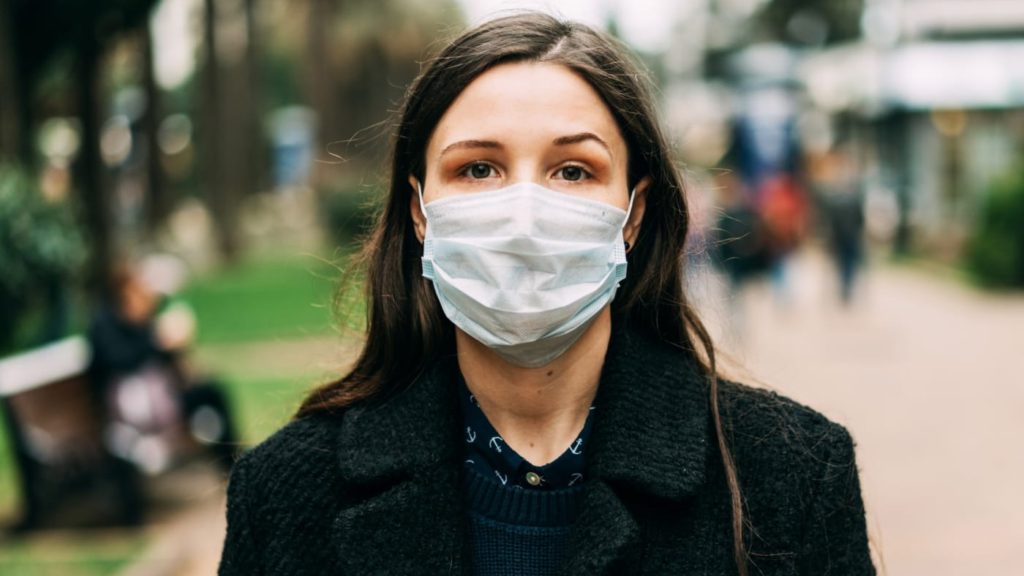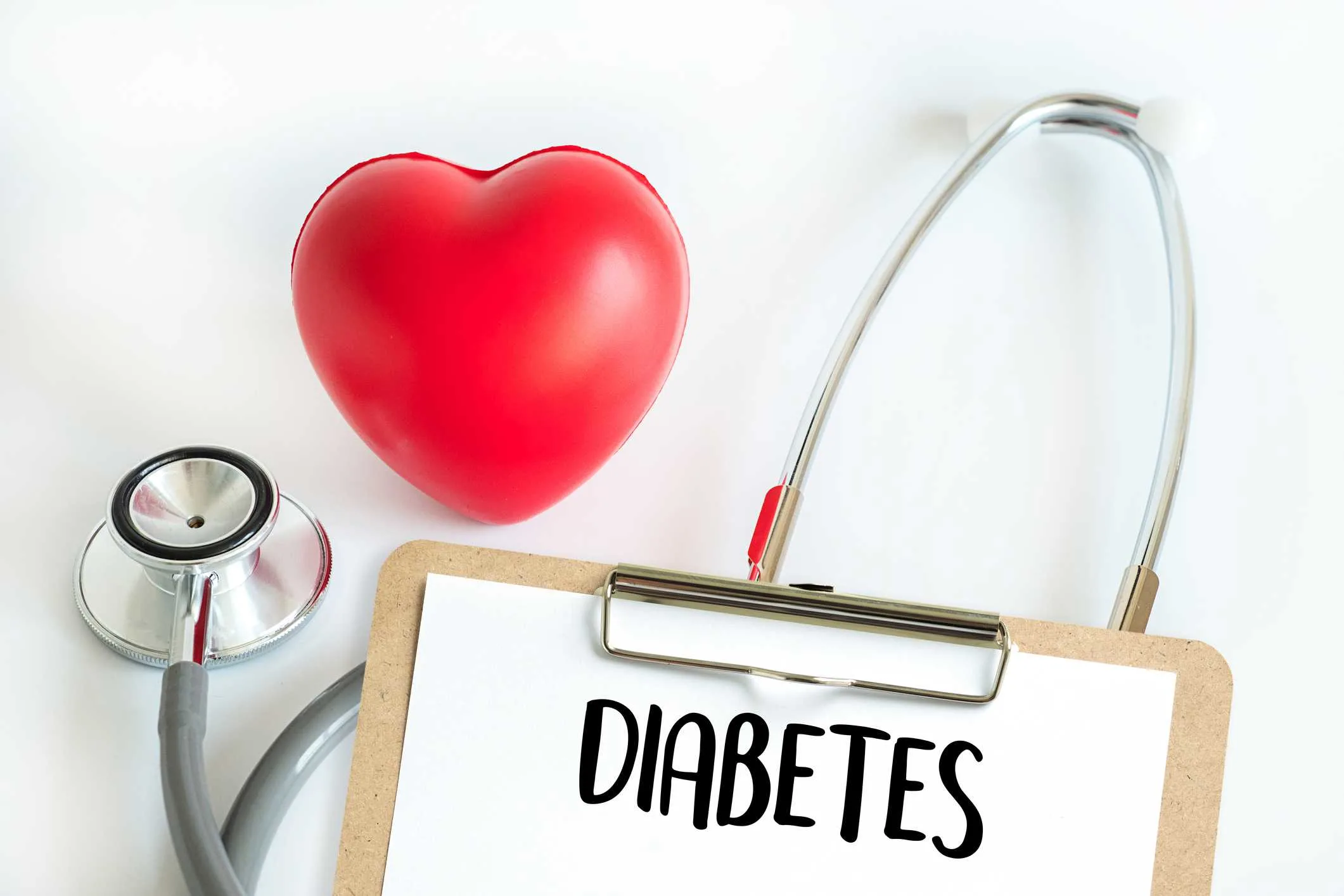
More and more businesses are requiring face masks for both staff and customers, including Walmart, Lowes, and The Home Depot just to name a few. Furthermore, the Center for Disease Control and Prevention (CDC) recommended last month that anyone, symptomatic or not, unable to maintain social distancing, whether inside or out, should wear face masks.
However, in spite of these requirements and recommendations, there’s still a lot of ongoing debate regarding the efficacy of face masks against the transmission and spreading of SARS-COV-2, the virus that causes COVID-19. While there haven’t been a lot of peer-reviewed studies focused specifically on the spread of SARS-COV-2 when using face covering protection, there have been a few.
Those research projects coupled with ones studying the effects of face masks on seasonal coronaviruses, the cause of many common cold infections, have found some interesting results that you should be aware of.
Survey Says…
While the evidence for the efficacy of surgical and homemade face masks is limited, a large number of experts agree that masks may help keep infected people from unknowingly passing along COVID-19. However, when it comes to protecting yourself and those around you against the novel coronavirus, masks are just one part of the necessary precautions.
A clinical professor in epidemiology at the Colorado School of Public Health, May Chu, has stated that, “Putting a face mask on does not mean that you stop the other practices. It does not mean you get closer to people, it does not mean you don’t have to wash your hands as often and you can touch your face. All of that still is in place, this is just an add-on.”
The Basics of Face Masks
With several types of face masks and coverings available, it’s easy to get confused about what you should use. The N95 face mask effectively prevents the spread of SARS-CoV-2 but they are in such short supply and needed for medical professionals that the CDC does not recommend them for general use. The same goes for surgical masks, which aren’t as effective as N95 masks anyway as they don’t seal against the face and about 70% of outside air moves through the mask with about 30% traveling around the sides.
For these reasons, the CDC currently recommends that the general public utilizes fabric face masks when indoors or unable to social distance. While they may not completely protect you from contracting the virus, the barrier might be enough to contain a good portion of expelled droplets whenever you cough or sneeze, therefore helping to protect those around you in the event that you are indeed infected with COVID-19.
With that in mind, other studies have been conducted that looked to address whether fabric face masks actually do help contain the virus.
More Studies
A study published in an April publication of the Annals of Internal Medicine concluded that fabric masks actually did not help prevent the spread of the novel coronavirus. South Korean researchers had four COVID-19 positive patients cough into a petri dish 7.8 inches away while wearing a disposable surgical mask, wearing a 100% cotton mask, and wearing no mask at all. Their findings indicated that neither face mask decreased the viral loading in any meaningful way. However, other experts were quick to point out that the South Korean researchers had not tested distances farther than 7.8 inches to determine how far the virus traveled under those same conditions.
That same month, a study published in Nature Medicine had 426 volunteers breathe into a cone-like device for 30-minutes in order to capture everything they exhaled. The 426 participants were randomized as to whether they wore a surgical mask or not and 17 were determined to have seasonal coronaviruses (not the kind that causes COVID-19, the kinds that cause colds,) 54 had rhinoviruses, and 43 had influenza.
The first significant find was that in all cases (coronaviruses, rhinoviruses, and influenza) researches did detect virus in tiny aerosol particles. The captured influenza particles were then cultured and were determined to be infectious. The study’s author, Ben Cowling who is the head of the Division of Epidemiology and Biostatistics at The Hong Kong University, stated that this finding was significant because it indicates that influenza can spread via aerosols, which health professionals have long debated over. This means that it’s likely that colds can be transmitted this way as well. While they did not perform cultures on the seasonal coronavirus or rhinovirus, Cowling stated that there is no reason to believe that they wouldn’t be infectious as well.
Additionally, those participants with influenza that wore surgical masks showed reduced amounts of the virus released in the form of droplets but not aerosols. The face masks did not appear to reduce the amount of rhinovirus in either droplets and aerosols, but when it came to coronavirus, masks reduced the amounts of the virus released in both.
In fact, for the participants not wearing masks, researchers found the coronavirus in droplets in 3 out of 10 samples and in aerosols in 4 out of 10. As for the participants that tested positive for seasonal coronavirus and wore masks for the test, no virus was detected in either droplets or aerosols.
Face Masks and COVID-19
While there are some experts that question the study’s validity because the sample size for seasonal coronavirus was small, the study’s author states that their findings suggest that surgical masks can help keep COVID-19 positive people from spreading the virus. However, one thing that they all do agree on is that homemade fabric masks are the least effective but any kind of impediment is better than nothing.
So, in conjunction with practicing social distancing, prominent hand washing, and refraining from excessive face touching, it appears that face masks, especially surgical masks, do help reduce the transmission viability of COVID-19. Just remember that no matter whether you’re wearing a surgical face mask or homemade fabric mask, you should remain at least 6 feet apart from other people outside your household.








